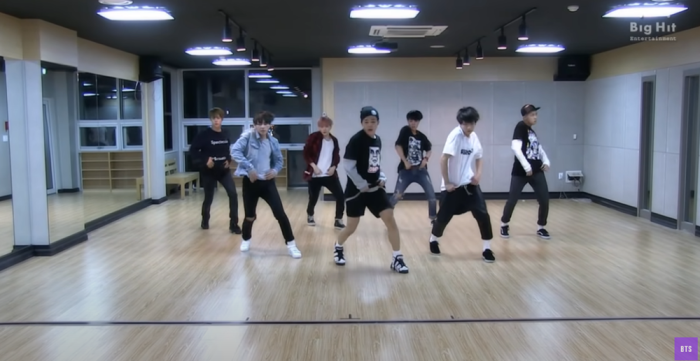
South Korean dance moves copyrights will be protected through an agreement between Naver Z Corp., the operator of Asia’s largest metaverse platform Zepeto, and MVNT Inc., a startup co-founded by a choreographer for BTS, to allow creators to collect rewards for their works.
The metaverse arm of South Korea’s online giant Naver Corp. and the choreographic intellectual property (IP) startup signed a deal to develop and sell dance products, industry sources said on Monday.
MVNT plans to create a world called Dance World to sell dance moves products for avatars on Zepeto, which has over 20 million monthly active users.
South Korean choreographer Choi Youngjun, who has created dances for K-pop stars such as BTS and Twice, and Joon Jung, a contemporary dancer, founded MVNT in 2023 to distribute dance IPs and protect creators’ moral rights, attribution rights, adaption rights and others.
The startup secures copyrights to dance moves through proprietary three-dimensional (3D) motion capture and related deep learning technology while producing high-quality animated content based on dancers’ choreography.
“The deal paved the way for the recognition of dancers’ rights, which had not been appreciated, through advanced IT technology and industry consensus,” Jung said, referring to the agreement with Naver Z.
YET TO REWARD CHOREOGRAPHERS
K-pop’s slick and synchronized choreography has contributed to the global craze for South Korean music, inspiring fans around the world to learn these dances.
Choreographers have yet to be rewarded due to a lack of copyright protection, however, while other creators such as composers and lyricists earn money whenever K-pop music videos are played. Dance creators usually provide choreography, the composition of dance movements and patterns, in exchange for service fees only.
A global celebrity choreographer took legal action to protect his copyright.
Kyle Hanagami, a Los Angeles-based choreographer who worked with Jennifer Lopez, Britney Spears, Justin Bieber BTS and BlackPink, filed a lawsuit in the US, claiming that Epic Games, Inc., the creator of the videogame Fortnite, infringed the copyright of choreographic work. He said the company created and sold a virtual animation, known as an “emote,” depicting portions of the registered choreography.
A federal judge rejected the case by stating that Epic had only copied a few unprotected ‘poses’ from the choreographer’s routine in their game. The US Court of Appeals decided to overturn the ruling, however, saying that the copyrights should be analyzed more holistically, similarly to how courts protect copyrighted music.
The South Korean entertainment industry expected the government to establish a system to protect choreographers’ copyrights.
K-pop powerhouses such as SM Entertainment Co., YG Entertainment Inc. and JYP Entertainment Corp. told lawmakers last month that they would comply with laws to protect their copyrights once those rules are prepared.
Domestic choreographers also took steps for their rights by setting up a body to protect their IPs with industry and legal experts in April.
By Joo-Wan Kim and Eun-Yi Ko
kjwan@hankyung.com
Jongwoo Cheon edited this article.















